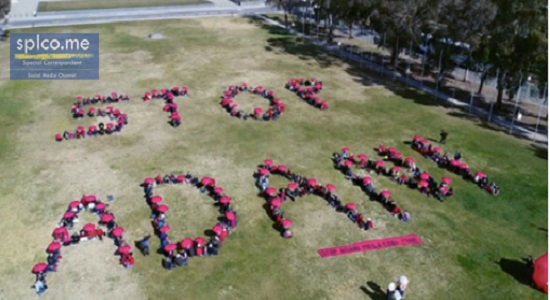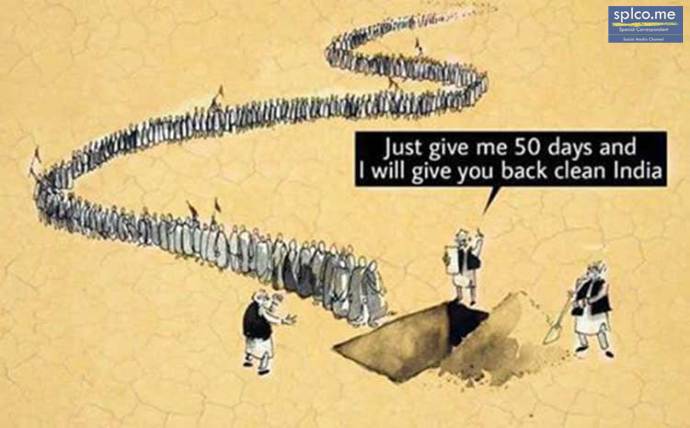Indian Prime Minister close associate Gautam Adani, the billionaire owner of Adani, plans to build a railway to transport the coal from the mine to Abbot Point, a port the group owns on the Queensland coast near the Great Barrier Reef marine park. From here Adani would ship the coal to India to fuel its network of electricity power plants.

Adani’s board gave final approval for the mine in June. But raising money for the venture has so far proved an insurmountable challenge due to the decline in global coal markets and a vocal protest movement led by international environmental groups such as 350.org and Greenpeace.
The project has become a litmus test on the future of coal, amid growing investor fears about whether increasingly onerous regulations on the emissions will create stranded assets.
On Monday the world’s biggest coal terminal, Port of Newcastle, warned it needed to diversify and prepare for a future without coal.
“It looks like another wheel has fallen off the Adani project,” said Tim Buckley, a director at the Institute for Energy Economics and Financial Analysis, an opponent of the Adani project.
“With all of the Chinese banks ruling out involvement in the Carmichael proposal, deal funding has fallen over.” he added.
All this made Adani Group to cancell A$2bn contract with a mining services company for work on its proposed Carmichael coal mine in Australia yesterday.
The cancellation of the contract with Downer, an Australian company, on Monday is the latest challenge to hit the Indian conglomerate’s project, which has become a focal point for protesters over the role played by coal in causing climate change.
It also follows a decision last week by the Queensland state government to veto a A$900m ($690m) low-cost loan to Adani and the failure of Chinese investors to back the Carmichael mine.
“Adani and Downer have mutually agreed to cancel all letter of awards and Downer will provide transitional assistance until 31st March 2018,” Adani said in a statement.
Adani said it remained committed to the A$16.5bn Carmichael project but planned to develop and run the mine on an owner-operator basis to achieve the “lowest quartile cost of production”.
The Carmichael project has become a symbol of the global battle between environmentalists and the fossil fuel industry, attracting a series of legal challenges that have caused lengthy delays. The proposed mine sits in Queensland’s Galilee Basin, one of the world’s largest untapped coal resources.
Earlier this year Adani turned to China to source funding for the Carmichael mine. Executives from Adani and Downer held talks with Zhang Chun, president of China Machinery Engineering Corporation, about funding the project. However, no agreement has been reached.
Last week Bob Carr, a former Australian foreign minister and director of a China think-tank at University of Technology Sydney, said he believed Chinese investors would not fund the mine.














